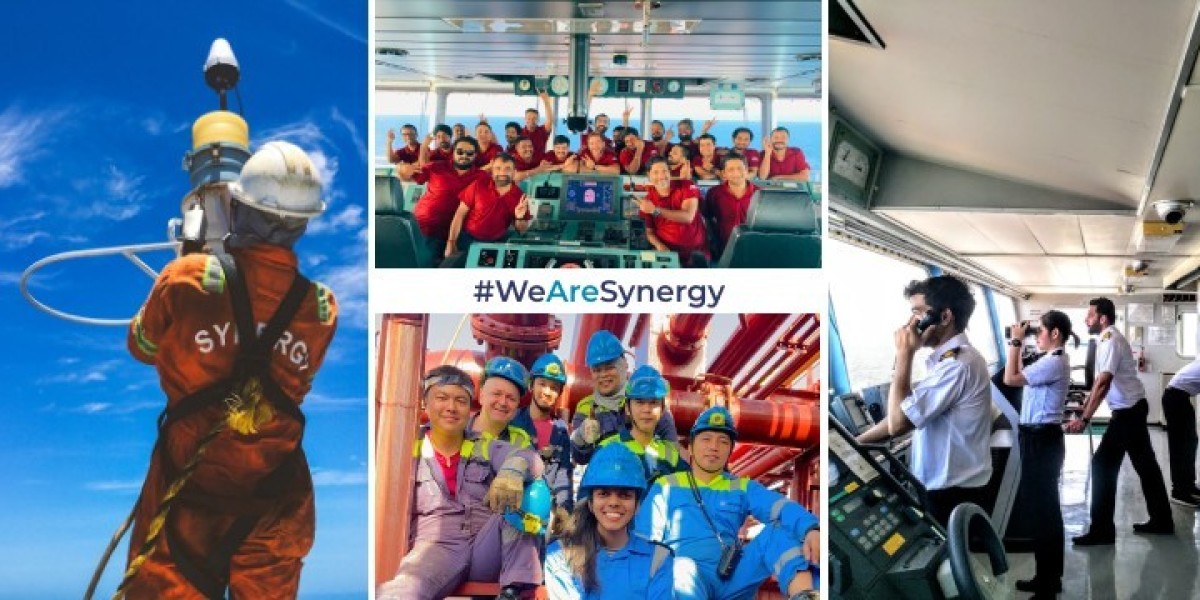The maritime industry is the backbone of global trade, transporting goods and resources across vast oceans. One of the most crucial aspects of maintaining an efficient and safe shipping operation is Ship Technical Management. This specialized domain ensures that vessels remain in optimal condition, adhere to international regulations, and operate efficiently throughout their service life.
What is Ship Technical Management?
Ship Technical Management refers to the comprehensive oversight of a vessel’s technical aspects, ensuring its seaworthiness, safety, and compliance with maritime laws. It involves a combination of maintenance, repairs, inspections, crew training, and adherence to regulatory requirements. This function is typically carried out by ship management companies or in-house technical teams of shipowners.
Key Components of Ship Technical Management
1. Planned Maintenance System (PMS)
A well-structured Planned Maintenance System (PMS) helps ship operators schedule and execute maintenance tasks systematically. PMS includes:
Routine inspections of machinery and hull
Scheduled maintenance of engines, pumps, and other critical equipment
Replacement of worn-out parts
Lubrication and calibration of essential systems
This proactive approach minimizes the risk of breakdowns and extends the vessel’s operational life.
2. Repairs and Dry Docking
Even with meticulous maintenance, ships require periodic repairs and dry docking. Dry docking is necessary for:
Overhauling propulsion systems
Inspecting and repairing the hull
Upgrading navigation and safety equipment
Applying anti-fouling coatings to prevent marine growth
Ship Technical Management ensures that repairs and dry-docking procedures are planned efficiently to minimize downtime and maintain operational schedules.
3. Regulatory Compliance and Safety
Maritime regulations set by the International Maritime Organization (IMO), classification societies, and flag states are critical for safe operations. Ship Technical Management ensures:
Compliance with SOLAS (Safety of Life at Sea), MARPOL (Marine Pollution), and ISM (International Safety Management) codes
Regular safety drills and crew training
Certification renewals and audits
Environmental protection measures to minimize pollution
4. Fuel and Energy Efficiency Management
Fuel costs constitute a significant portion of a ship’s operating expenses. Technical managers focus on:
Monitoring fuel consumption and optimizing routes
Implementing slow steaming techniques when necessary
Using energy-efficient technologies, such as hull modifications and alternative fuels
Compliance with the IMO’s Energy Efficiency Existing Ship Index (EEXI) and Carbon Intensity Indicator (CII) regulations
5. Crew Training and Technical Support
A ship is only as good as its crew. Ship Technical Management includes regular training programs for seafarers to:
Enhance operational and safety skills
Familiarize them with new technologies and equipment
Improve emergency response preparedness
Ensure compliance with international certifications like STCW (Standards of Training, Certification, and Watchkeeping for Seafarers)
6. Inventory and Spare Parts Management
Maintaining an inventory of essential spare parts is crucial for uninterrupted operations. Ship Technical Management ensures:
Availability of critical spare parts onboard
Coordination with suppliers for timely procurement
Cost-effective inventory management
The Role of Ship Technical Managers
Ship technical managers act as the backbone of a vessel’s operations. Their responsibilities include:
Conducting technical inspections and audits
Ensuring compliance with maritime regulations
Liaising with classification societies and port authorities
Managing budgets for maintenance and repairs
Providing round-the-clock support for technical emergencies
Importance of Ship Technical Management in Modern Shipping
With the increasing complexity of modern vessels, efficient Ship Technical Management has become indispensable. It ensures:
Enhanced safety and reduced risks of accidents
Compliance with stringent environmental regulations
Improved efficiency and cost savings
Extended vessel lifespan and optimized performance
Conclusion
In the fast-paced maritime industry, Ship Technical Management plays a vital role in ensuring vessels remain operational, compliant, and efficient. By focusing on maintenance, repairs, safety, and crew training, technical management helps shipowners and operators achieve long-term sustainability and profitability. With advancing technology and evolving regulations, the future of Ship Technical Management will continue to evolve, integrating automation, data analytics, and greener solutions for a more sustainable maritime industry.









